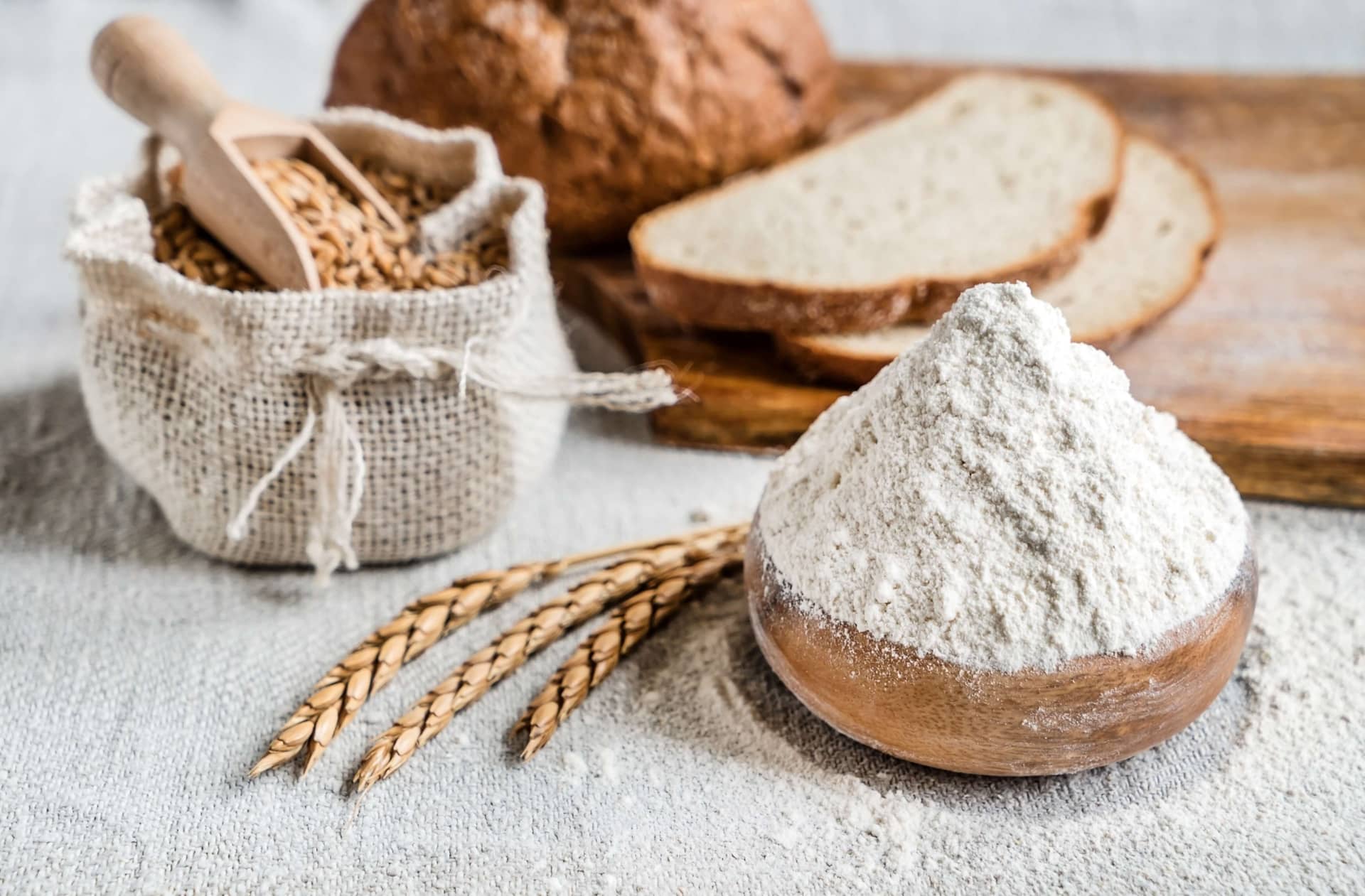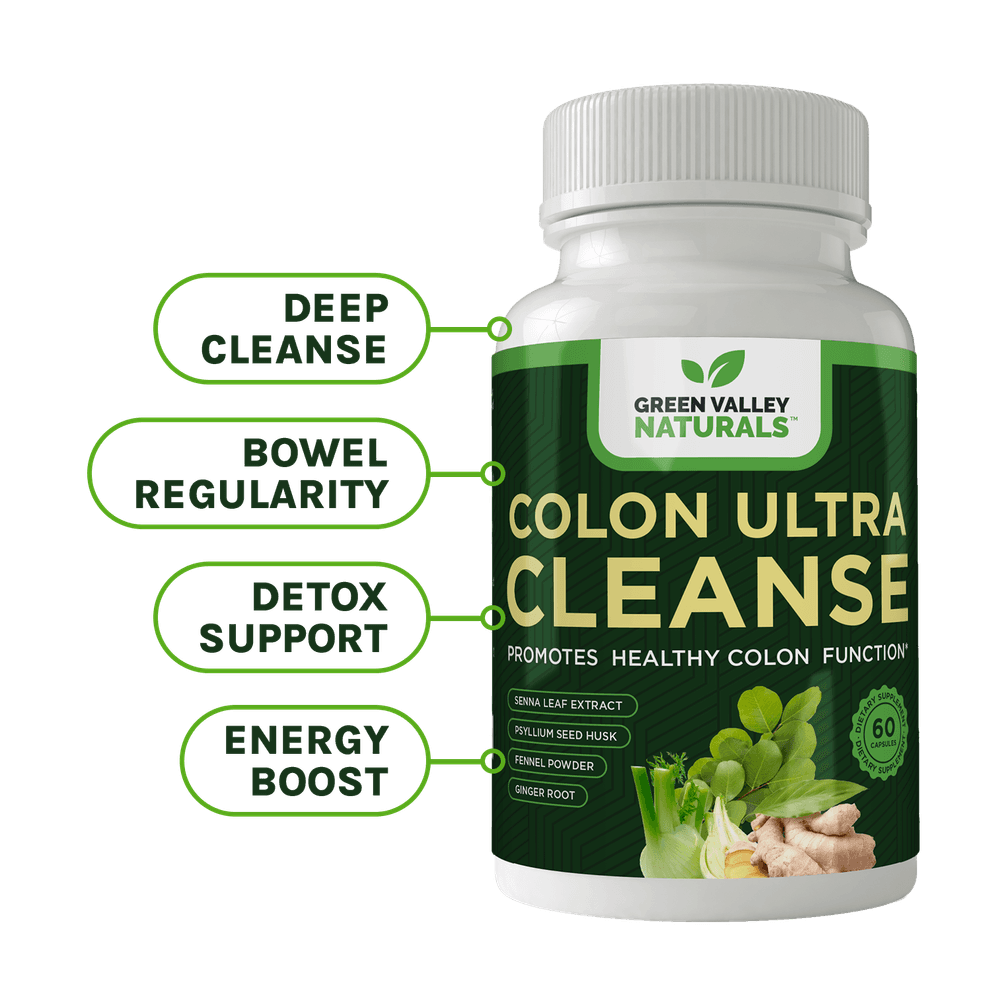
Chances are you’ve never heard of alpha-amylase-trypsin inhibitors (ATIs).
But you almost inevitably consume these chemicals every day. They’re in every piece of bread you eat.
ATIs are natural chemicals that the wheat plant makes to poison insects that want to eat its kernels – the grains that we grind into flour. These so-called “pest resistance chemicals” remain in the wheat when it’s made into bread, cookies and cakes.
And ATIs are making as many as 15 million Americans sick, according to some estimates. Most of these people – and this could include you – don’t know why they feel ill after meals and snacks. The big takeaway from this new research is that there are other substances in wheat besides gluten that are making people sick. . .
The millions being made sick by these plant compounds are not people with celiac disease. Only one percent of the population experiences this autoimmune response to the gluten in wheat, barley and rye. Instead, studies now show that these folks – about five people out of every hundred – suffer what’s called non-celiac wheat sensitivity (NCWS).
NCWS is a reaction to wheat that isn’t necessarily set off by gluten but which has been linked to the ATIs in wheat by researchers in Germany and the United States.1 ATIs exist in both gluten and in other parts of the wheat grain and it could be that people with a general sensitivity to wheat are reacting to both. And, in fact, they could be reacting to other compounds in wheat that haven’t been identified yet..
Confused? Don’t be. While scientists are still sorting out what causes non-celiac wheat sensitivity, it clearly exists and could be doing you a great deal of harm if you happen to have it.
According to researcher Detleff Schuppan, people with NCWS “experience intestinal as well as prominent extraintestinal problems, including joint and muscle pain, skin eczema, depression, and generalized worsening of pre-existent chronic diseases, including autoimmune diseases.”
Leaky Gut and Wheat Sensitivity
Research at Columbia University indicates that NCWS results from a weak intestinal barrier – a leaky gut – caused by the chemicals in wheat.2
“Our study shows that the symptoms reported by individuals with this condition are not imagined, as some people have suggested,” says researcher Peter H. Green who directs the Celiac Disease Center at Columbia. “It demonstrates that there is a biological basis for these symptoms in a significant number of these patients.”
The walls of the intestine are supposed to keep large molecules and germs from food out of the blood stream. Enzymes in the digestive tract are designed to break proteins and other substances down into smaller parts that are safe to cross the intestinal wall and enter the rest of the body. But when a leaky gut allows undigested proteins and microbes into the blood, they set off immune system responses that lead to damaging inflammation.
As a result, say the Columbia researchers, these inflammatory immune reactions can take place throughout the body.
Until now, medical researchers haven’t been able to explain why people who don’t suffer from celiac disease can end up with similar health complaints including brain fog, mood problems and deep fatigue as well as diarrhea and other intestinal malfunctions after they eat foods containing gluten.
This new research shows that people with NCWS experience what’s called innate systemic immune activation after eating wheat. That kind of immune reaction means that the part of the immune system that is usually the body’s first line of defense against infections goes into full battle mode and disrupts the function of the body’s organs (like the brain).
The researchers found that in people who suffer from NCWS, proteins and microbes (like bacteria and viruses) could breach the intestinal walls and get directly into the blood. That quick invasion from the intestines is the reason wheat can make somebody feel sick so soon after a meal.
“A systemic immune activation model would be consistent with the generally rapid onset of the reported symptoms in people with non-celiac wheat sensitivity,” says researcher Armin Alaedini.
Intestinal Inflammation
Other studies have shown that eating gluten-containing foods (wheat, barley and rye) can cause leaky gut by leading intestinal cells to release excessive amounts of a protein called zonulin. Zonulin loosens up the junctions between intestinal cells. It also provokes excessive inflammation that damages the intestinal walls.3
Many doctors who specialize in natural medicine say that if you suffer persistent digestive woes or other discomforts like brain fog, fatigue or joint pain that you (and your doctors) can’t explain, then giving up foods made with gluten-containing wheat, barley or rye may help your problem.
The latest research on these foods shows they’re right. Avoiding these grains could be your key to better digestion and better health.

